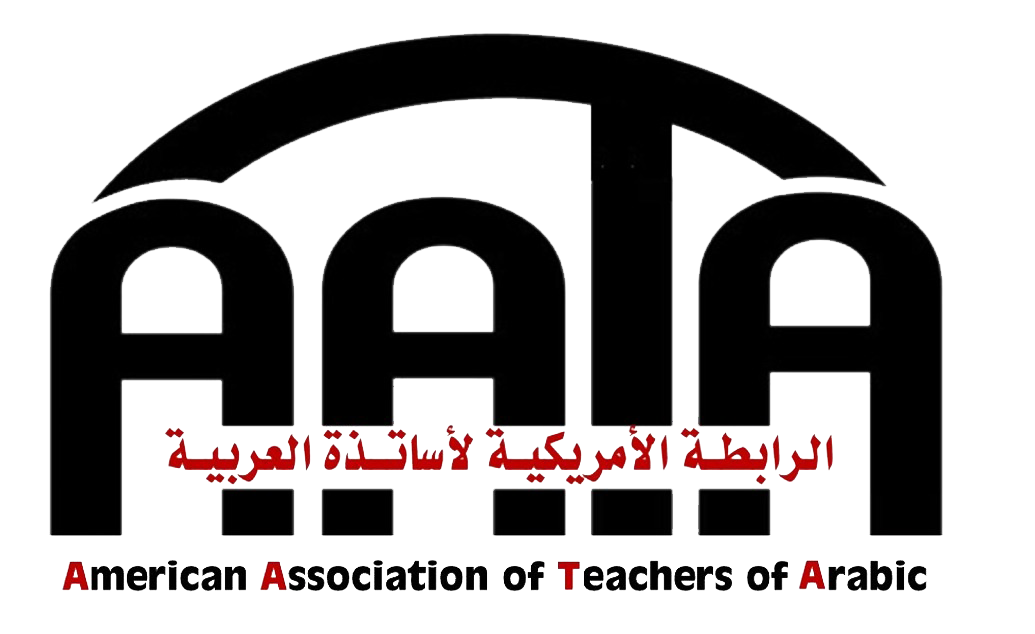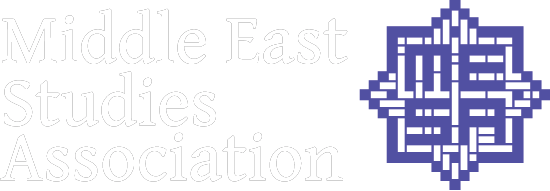3rd Biennial U-M International Conference on
Arabic Applied Linguistics
University of Michigan
December 5-6, 2020
Conference Program
SATURDAY, December 5, 2020
8:15-8:30
Welcome--Opening Remarks: Mohammad Alhawary, Conference Organizer
PANEL 1: L1 SOCIOLINGUISTICS
Chair: Brahim Chakrani, Michigan State University
8:30-9:00
The Interactive Organization of Stance in Spoken Arabic: Toward an Embodied View of Language
Dris Soulaimani, San Diego State University
9:00-9:30
Anti-language: A Case Study of Jordanian Inmates
Ahmad Mohammad Ahmad Al-Harahsheh, University of Sharjah, UAE
9:30-10:00
Language, Ideology and Power: Insights from the Palestinian-Israeli Conflict
Ahmad Ayyad, Al-Quds University, Palestine
10:00-10:30
The Future of Languages in the Arab World in the Age of Globalization and Advanced Technology: A Political and Sociolinguistic Approach
Abdenbi Lachkar, Université Paul Valéry Montpellier3, France
10:30-10:45
Coffee/Tea Break
PANEL 2:L1 AND DIGLOSSIA
Chair: Sami Boudelaa, University of UAE
10:45-11:15
The Emergence of Subjects in Lebanese Two-year-olds
Layal Abboud, University of Tours, France
Lina Choueiri, American University of Beirut, Lebanon
Nour Seifeddine, Saint Joseph University, Lebanon
Laurie Tuller, University of Tours, France
11:15-11:45
The Written Language of Deaf and Hard-of-hearing College Students in Saudi Arabia and Pedagogical Implications
Saeed Ali Al Alaslaa, King Abdulaziz University, Saudi Arabia
11:45-12:15
Comparing Arab Children’s Linguistic Abilities in Standard Arabic and Colloquial Arabic Through the Use of Stories
Abdulkafi Albirini, Utah State University
12:15-1:30
Lunch Break
PANEL 3: L1 & DIGLOSSIA
Chair: Abdulkafi Albirini, Utah State University
1:30-2:00
Diglossic Code-switching Between Standard Arabic and Najdi Arabic in Religious Discourse
Majedah Abdullah Alaiyed, Qassim University, Saudi Arabia
2:00-2:30
Empirical Investigation into Textual Characteristics of Arabic Passages
Myoyoung Kim and Salwa Alkass, Defense Language Institute Foreign Language Center
2:30-3:00
Variation-Sensitive Familiarity Measures for Words and Texts in Arabic Using Social Media and Web Corpora
Khaled Elghamry, Ain Shams University, Egypt
Attia Youseif, Indiana University
SUNDAY, December 6, 2020
PANEL 4: L2 PEDAGOGY
Chair:Mohammad T. Alhawary, University of Michigan
8:30-9:00
The Effectiveness of Explicit and Implicit Corrective Feedback in L2 Learning
Mourad Abdennebi & Abdullah Alelyani, Texas Tech University
9:00-9:30
The Impact of Using Task- Based Teaching Approach on Improving Arabic Learners Writing Skills
Maysoon Al Sayed Ahmad, University of Mary Washington
9:30-10:00
Attention to Geminate Verb Forms in L2 Arabic Reading: An Eye Movement Study
Elizabeth Huntley, Michigan State University
Lama Nassif, Williams College
Ayman Mohamed, Michigan State University
10:00-10:30
Frequent Arabic Grammatical Errors Among Undergraduate Students
Hezi Brosh, United States Naval Academy
10:30-11:00
Collaborative Vocabulary Learning in the Arabic Classroom: Between Theory and Pedagogy
Ayman Mohamed, Michigan State University
Amr Ahmed, Michigan State University
11:00-11:15
Coffee/Tea Break
11:15-12:15
Keynote
The Surprising Relevance of the Modern Language Aptitude Test (MLAT) to Current Research on Language Learning
Daniel Reed, Michigan State University
12:15-1:30
Lunch Break
PANEL 5: HERITAGE LEARNERS
Chair: Saeed Ali Al Alaslaa, King Abdulaziz University, Saudi Arabia
1:30-2:00
Morphological Awareness among Heritage Language Learners of Arabic
Nour Mohamad Kweider, Carnegie Mellon University
2:00-2:30
Reanalysis of Nominal and Verbal Morphology in Moroccan Heritage Speakers in France
Amal El Haimeur, University of Kansas
2:30-3:00
The Discursive Construction of Personal Events Among Arabic-English Bilinguals in the US
Brahim Chakrani, Michigan State University
Dris Soulaimani, San Diego State University
3:00-3:15
Coffee/Tea Break
PANEL6: MOTIVATION, IDENTITY, STUDY ABROAD, & TELECOLLABORATION
Chair: Dris Soulaimani, San Diego State University
3:15-3:45
A Perceptual Perspective of the Impact of Motivation on Learning Arabic as a Second Language in Light of Self-Determination Theory
Abdelaadim Bidaoui, Ball State University
3:45-4:15
Language, Culture, and Identity: Perspectives from Non-native Arabic Teachers
Brahim Oulbeid, University of Massachusetts – Amherst
4:15-4:45
Study Abroad, Stress and Hair Cortisol: Highly Individual Variation
Kirk Belnap, Brigham Young University
4:45-5:15
Tele-collaboration and Cross-Intercultural Communicative Competence in the AFL Classroom
Mohamed Hassan, Amherst College
Ahmed Al Khateeb. King Faisal University, Saudi Arabia
Registration: Registration is free. https://sites.lsa.umich.edu/arabic-sla-conference/registration
Conference website: https://sites.lsa.umich.edu/arabic-sla-conference/call-for-papers
Co-Sponsors
Department of MiddleEast Studies
Department of Linguistics
Weinberg Institute for Cognitive Science
The Language Resource Center
Humanities Institute
College of Literature, Science, and the Arts
U-M Office of Research

